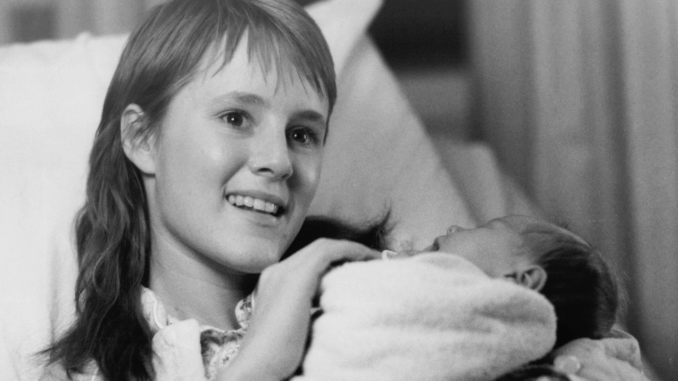
Where Is Idgie Now? A Look at the Enduring Spirit of Whistle Stop’s Rebel
In the decades since the events at Whistle Stop, Alabama, Idgie Threadgoode remains a legend — a name whispered with admiration in roadside cafés and remembered fondly by those lucky enough to have called her a friend. But what became of the “bee charmer,” the woman who never did what society expected and lived life on her own terms?
An Independent Spirit, Still Unbroken
Now in her golden years, Idgie never left the South entirely — her roots were too deep, her memories too strong. But after the café closed and Whistle Stop slowly faded into a ghost town, she did what she had always done best: adapted, moved, and thrived in unexpected places.
Settling eventually in a small cottage just outside Asheville, North Carolina, Idgie embraced the mountains and wild rivers the same way she once did the swamps of Alabama. Her new home was surrounded by bee boxes, vegetable gardens, and stray animals — all living things that seemed to find her and stay.
Neighbors often speak of the eccentric old woman with cropped silver hair and suspenders, always covered in dirt, with a twinkle in her eye. “Miss Idgie” became a local fixture — fixing broken fences, chasing off coyotes, sharing pies made from foraged blackberries, and telling stories that walked the line between myth and truth.
Keeping Ruth’s Memory Alive

Though she lost Ruth decades ago, Idgie never let her go. Ruth’s photo sits framed by their old Bible, and not a day passes without some small remembrance — a recipe, a flower Ruth once loved, or a rereading of The Love Song of J. Alfred Prufrock. Ruth was, and always will be, the love of Idgie’s life.
In the modern world, their story has begun to receive long-overdue recognition. Feminist scholars and LGBTQ+ historians have written essays on their relationship, reading between the lines of Fried Green Tomatoes to shine light on the deep romantic bond the women shared. Idgie, amused and a little shy about all the attention, simply said in an interview once, “We loved each other the best way we knew how.”
A Quiet Advocate in Her Own Way
Though she never marched in parades or gave speeches, Idgie has become something of an icon in Southern queer communities. Younger generations seek her out, hoping for advice, connection, or just to hear her voice. She welcomes them with sass and biscuits, offering no judgment, only the kind of acceptance she always lived by.
“She didn’t say much about being gay or straight,” one young woman recalled, “but you knew exactly where she stood. She believed in kindness. She believed in choosing your family.”
A Legacy Etched in Stories
Idgie now spends her time writing letters, telling tales to local schoolchildren, and tending her bees. She’s refused offers from documentary filmmakers and bestselling authors alike — not out of pride, but because, in her words, “Our lives weren’t a show. They were just ours.”
Still, she gave her blessing to a small community theater that adapted parts of her and Ruth’s life into a stage play. She attended the opening night, sitting in the front row with tears in her eyes. When the actor playing Ruth read the line “I’ll always love you, no matter what,” Idgie quietly whispered, “And I always have.”
